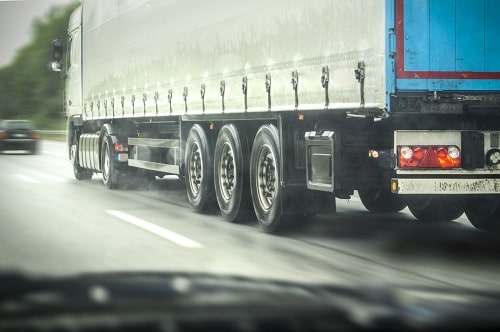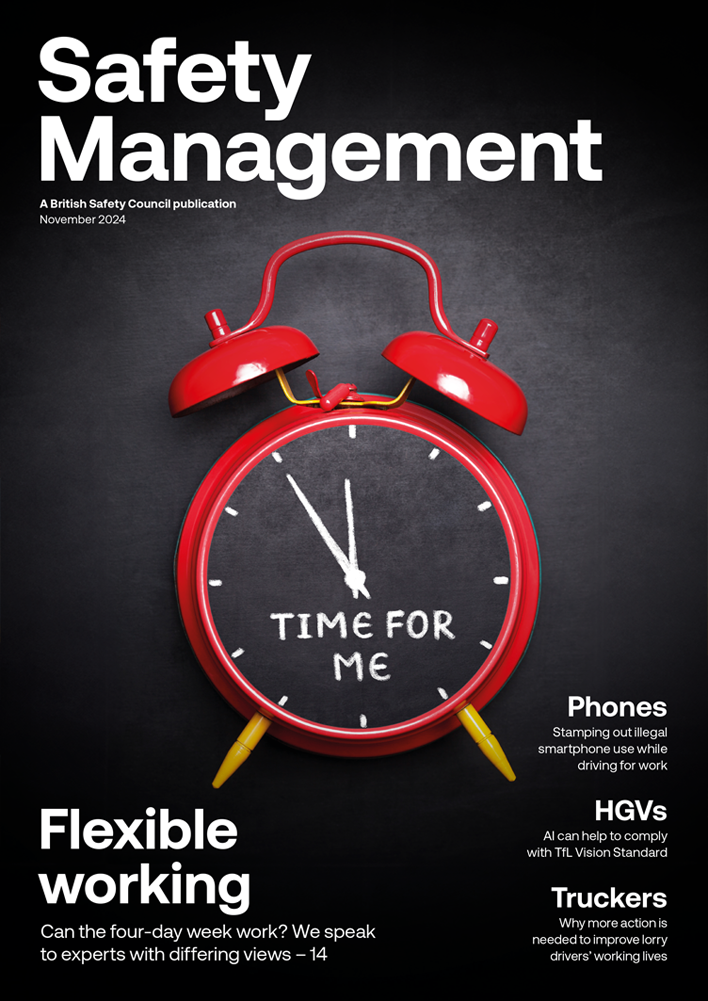Last month, I asked ‘how can we avoid this becoming a winter of discontent?’ The Government has since set out its plans to cap energy prices for consumers and businesses, and how it will seek to grow the economy and support people, largely through a series of tax cuts.
Opinion
How we can help small businesses to ‘Keep Thriving’ this winter
Many commentators have criticised the Chancellor for handing too many giveaways in his ‘Growth Plan’ to top or high earners, rather than supporting those on lower incomes or in the ‘squeezed middle’. The financial markets also gave their response, which has led to the biggest fall in sterling against the dollar in half a century and means prices and interest rates are unfortunately now likely to rise higher still.
 Mike Robinson FCA is chief executive of British Safety Council. Photograph: British Safety Council
Mike Robinson FCA is chief executive of British Safety Council. Photograph: British Safety Council
While I don’t propose to add fuel to the fire, my concern is that none of this is a recipe for more calm or certainty, which is not only what investors want, it is what organisations, their leaders and their staff also crave – in spades.
Sadly, however, our world isn’t heading that way, any time soon. Especially given the new Government’s stated intention to rip up the rule book and deregulate, which will only add to the uncertainty. So, given these conditions, how do we ensure that our people and our businesses not only survive, but thrive?
Personally, I have faith in the ability of the British people to see their way through this.
We’re a country brimming with ideas, creativity, and talent. We’ve a long history of incredible achievements, inventions and discoveries that have helped to save lives, combat disease, and improve people’s quality of life around the globe.
But I am concerned about the level of challenge and pressure piling onto our businesses right now, particularly smaller ones. Which is why I have decided that, as a charity, British Safety Council should do something to help.
During the Covid pandemic, you may remember we gave free help, training and support to SMEs. In the coming weeks and months, we will be doing something similar by offering small and medium-sized enterprises (SMEs) and micro-sized businesses the chance to improve the wellbeing of their staff and, in doing so, help future proof their organisation.
Why are we doing this? Because when people feel safe, cared for, and understand where they’re heading, they are also more likely to deliver what you need as a business.
It has been shown in research that – in workplaces where there is a proper strategy for wellbeing – staff morale, engagement, and retention, as well as working relationships, inclusion and productivity, are all reported to be better. Sickness absence is lower, as is work-related stress, and the brand of the company is seen to be enhanced. Which organisation wouldn’t want that?
But we know around half of businesses do not have a wellbeing strategy. And if they do not act, they may be forced to do so, despite the new Prime Minister’s deregulatory zeal.
As I said last month, it is only by working with our people and asking them what they need, that we can hope to help support them through tough times.
By putting a strategy and plan in place to improve and support wellbeing, you are doing much more than trying out a quick fix or add-on, you’ll be putting the health, safety and happiness of your staff at the heart of your organisation.
Our history as an organisation is standing up for those at the sharp end of risk and danger. Small and micro-sized businesses may not have the luxury of HR teams or support and, in this small way, I hope that we can help small and growing businesses to keep thriving this winter.
OPINION

Achieving Net Zero will boost the nation’s health
By Alex Sobel MP on 01 December 2021
In June 2019, the UK Parliament passed legislation requiring the Government to reduce net emissions of greenhouse gases by 100 per cent by 2050. This ground-breaking legislation saw the UK become the first major economy to commit to a ‘net zero’ target.

Managing workplace transport and occupational road risks – a perennial challenge
By Matthew Sulley, Pinsent Masons on 12 November 2024
According to Health and Safety Executive (HSE) statistics, 138 workers were killed in work-related accidents in 2023/24, with 25 of those fatalities involving being struck by a moving vehicle in the workplace – a 25 per cent increase on the same figure for 2022/23.

Can a ‘Budget for working people’ finally ‘Get Britain Working’?
By Mike Robinson FCA, British Safety Council on 01 November 2024
How many column inches were taken up in the build-up to the Budget wondering who exactly the Government meant by ‘working people’? And now that we know what was in it, does it really matter?



